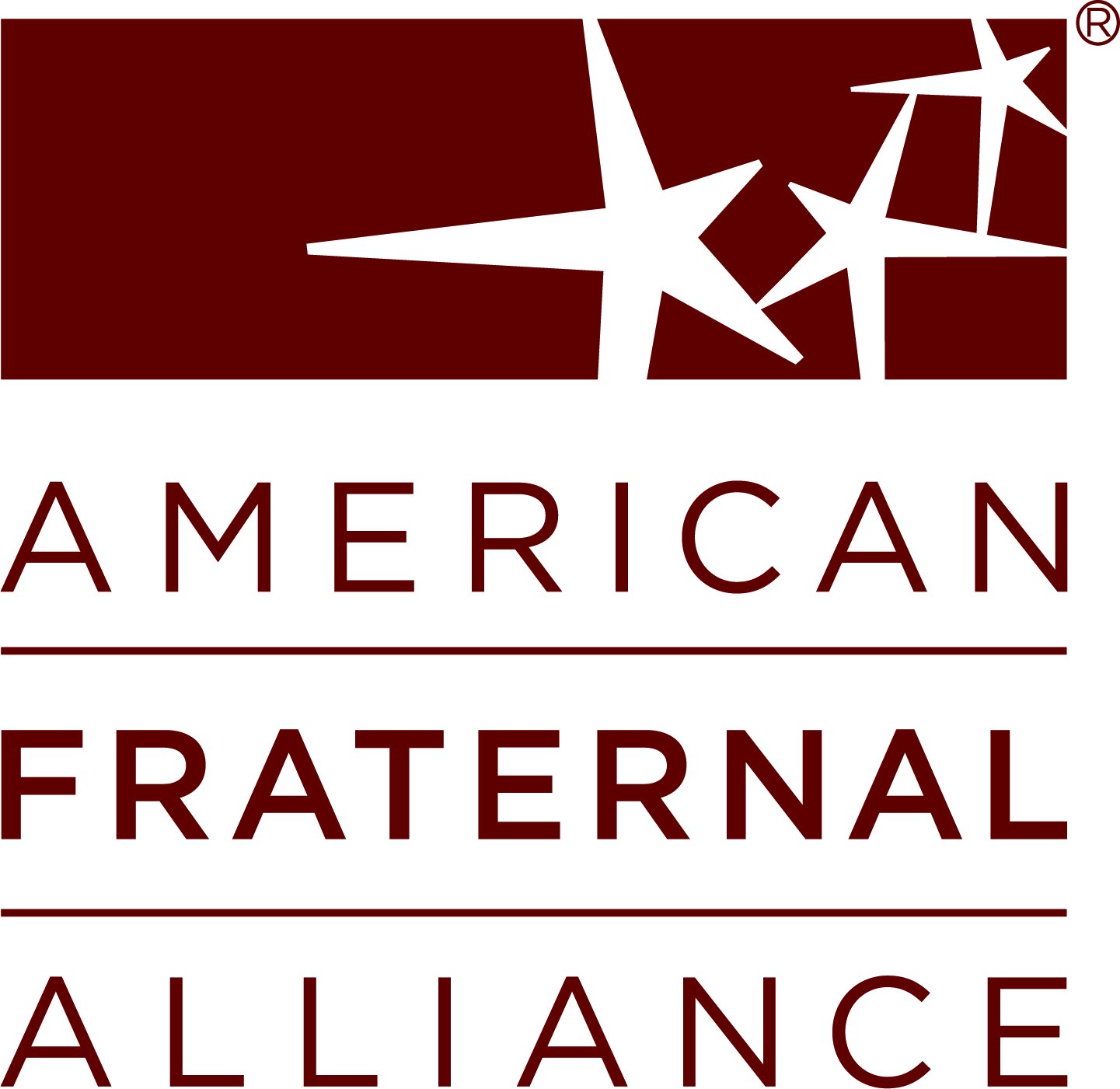Fraternal Brand Users Group - Bulletin Board Focus Group
Bulletin Board Focus Group Results
Goals: The American Fraternal Alliance is interested in better understanding the life insurance market, so as to increase their membership and sales of life insurance policies (as well as other financial products and services). Specifically, they would like to learn which consumers will be most open to purchasing from a fraternal benefit society. Toward that end, they wish to understand the following:
Charitable behavior and attitudes about charitable organizations
Feelings about community
What consumers know about different types of life insurance companies
What is important to them when choosing a life insurance policy/company
Reactions to and impressions of fraternal benefit society description
The results of this research will be used to inform the quantitative segmentation study which will be used to derive the best consumer targets for fraternal benefit society products and services.
Click here or on the image to access and download complete report. Key Takeaways: CHARITIES & COMMUNITIES
The people in the target audience are generally quite charitable—they do what they can, when they can. Though charitable activity is not a top priority for most who are balancing work and family, they wish they could be doing more.
Children’s and animal charities are favorites. Medical and veteran’s charities are also common. Several support charitable works through their churches. Often a connection to a charity is personal.
Most donate money as they are short on time and say this makes them feel like they are contributing.
They like companies/charities that make it easy for them to donate—donation bins/collections where they work or shop, easy website or app donations, auto withdrawals from their paychecks—anything that facilitates donation with minimal effort.
When they think about community, this group thinks about people who share a common goal or purpose; however, there is a “physical” nature to community with most defining their personal community as their neighborhood or town.
Supporting charities that serve their communities is important. Donors want to be able to see the local impact of where their time and/or money is going. Local animal shelters, food banks, and churches are often mentioned as community-serving charities.
There is a general belief that companies should be doing good for local communities and the world at large. While some think “doing good” is as simple as providing good jobs, others would like to see companies do more for local schools and underprivileged families.
However, most will not go out of their way to support companies that are involved in charitable activities—it is more of a “nice to have” than a driving factor in choosing where to shop or do business.
Non-profit organizations are thought of favorably with only a few mentioning concern about misappropriation of funds towards administrative and non-charitable costs.
Key Takeaways: LIFE INSURANCE
Most of the board participants currently hold a life insurance policy. They tend to purchase either through their existing insurance agents or employers.
Company name and reputation is of utmost importance—they want assurances that the company will still be there to pay out to beneficiaries. Since insurance and financial information can be complicated and many do not have time to do much of their own research, they rely on people they trust to point them to the right companies—agents, family, employers, and friends. This gives an advantage to the big, well-known insurance companies and likely puts Fraternal Benefit Societies at a disadvantage.
When shown the description of life insurance companies versus mutual benefit companies, the reaction is overwhelmingly positive toward mutual benefit companies with a substantial number saying they had never heard of mutual benefit companies before.
Key Takeaways: FRATERNAL BENEFIT SOCIETIES
The reaction to the description of Fraternal Benefit Societies is overwhelmingly positive. Consumers are drawn to the idea that their insurance policies could benefit their local communities and that there is a variety of organizations to choose from.
Despite FBS having been around for generations, it is interesting that many think this is a new idea.
Scholarships and discounts are the most appealing benefits (without knowing more specifics). Volunteer opportunities are less appealing which may not be surprising given this group is generally short on time.
The majority say the type of person who would purchase a policy from this type if company is just like them—someone who cares about charity and the community.
There is some degree of skepticism, however. People want to know more before they can confidently put their trust in this kind of company. They first want to know more about the company—its history, financial stability, how it works, as well as the details on its policies and pricing.
Once those knowledge gaps are closed, consumers say they are open to purchasing other financial products from an FBS.
“Community Life Insurers” is largely favored as a name for this type of insurance company since they are community-focused organizations.
The name “Fraternal Benefit Society” evokes a negative to confused reaction with some saying it makes them think of a group of “old men” or sounds “uppity.” Others say it just does not say what the organization is truly about – giving back to the community.


